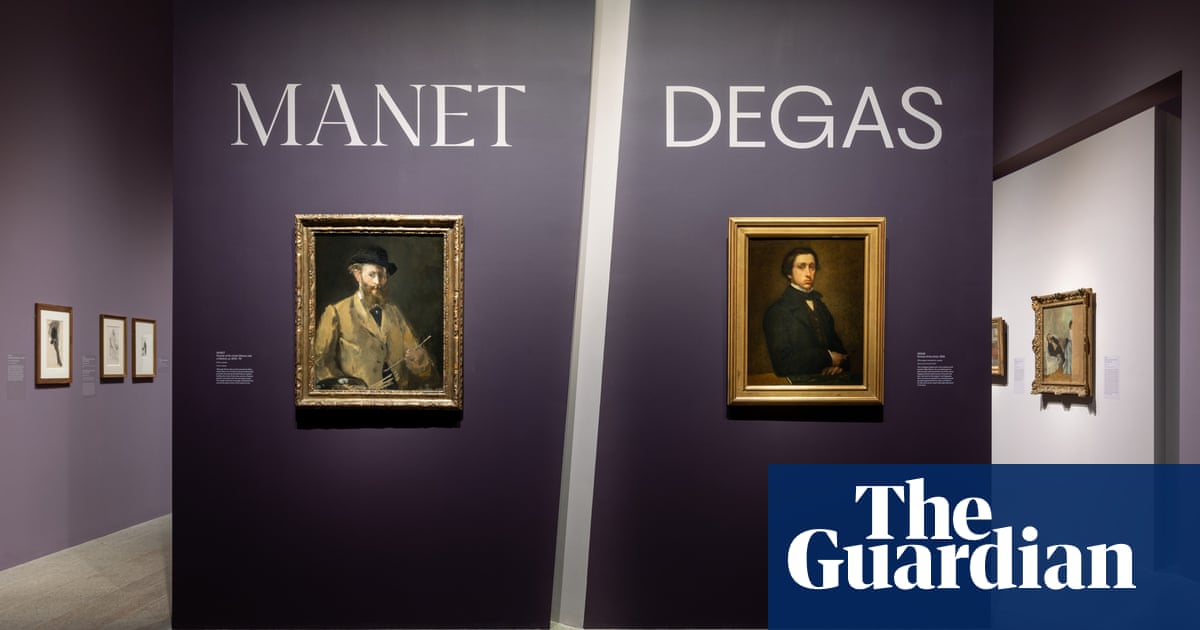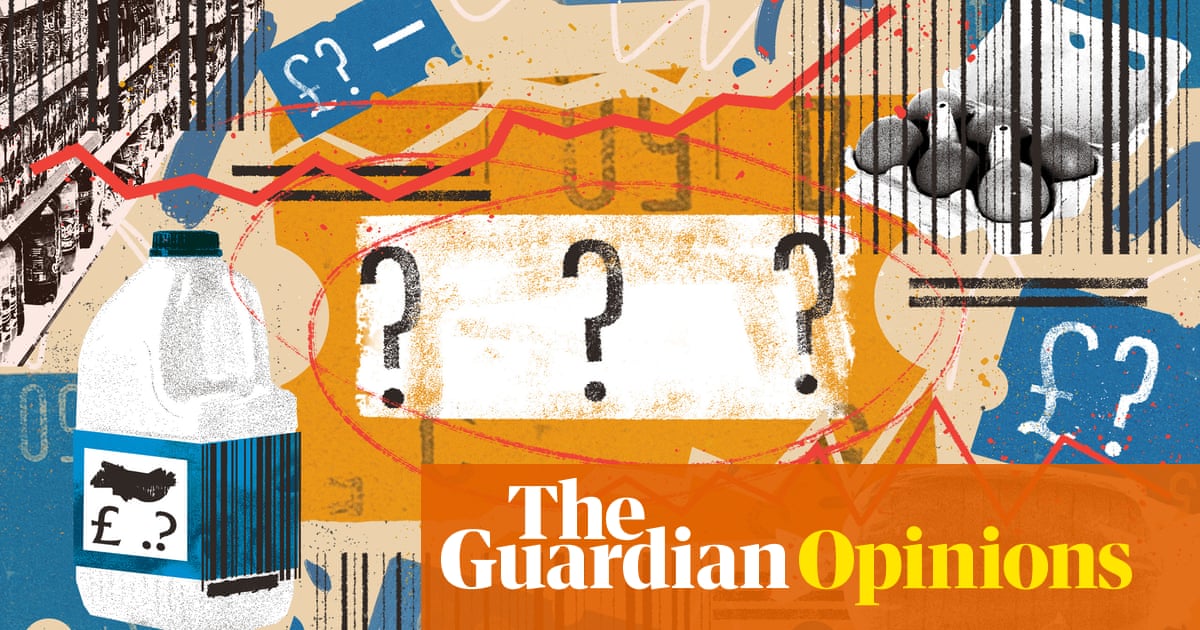
Carlos Ghosn knows how compelling his story is. Born in Brazil to Lebanese parents, he scaled the corporate ladder to the very top of global industry to be crowned head of Renault and Nissan, before suffering a spectacular downfall: arrested in Japan and, in a dramatic finale, escaping in a box to freedom in Beirut.
“There are going to be a lot of movies,” he said via video interview just before the third anniversary of his arrest. “This story is very rich. There are so many facets.”
Ghosn has already given extensive access to one documentary, with versions from Apple TV+ and Netflix in the works. He is also to be played by François Cluzet, a French cinema legend and star of international hit The Intouchables, in an unauthorised television series, and is working directly with another miniseries about the events.
Before his arrest in 2018 on charges of concealing income, Ghosn ran a car manufacturing behemoth second only to Volkswagen in volume. His empire included France’s Renault and Japan’s Nissan, and he had masterminded a carmaking alliance that also took in Mitsubishi. He is now living the life of a free man with his wife in Lebanon (which does not have an extradition treaty with Japan) and still working on refuting the Japanese charges, as well as doing consulting work via video calls.
Ghosn’s freedom has come at great cost to other people. An American former special forces soldier and his son were jailed in Japan for their part in helping Ghosn escape, as were two pilots and an airport official in Turkey, where the plane stopped en route to Lebanon.
Ghosn has also been unable to testify in the months-long trial of Greg Kelly, an American former Nissan executive arrested at the same time as him whose movements have been limited to Japan since November 2018. The judges in Kelly’s case have given themselves until March to reach a verdict. Kelly denies the charge of helping Ghosn conceal income.
While the judges deliberate, and three years after the initial arrests, Ghosn’s public relations advisers contacted the Guardian to offer separate interviews with him and Kelly’s wife of 43 years, in which both protested Kelly’s innocence and criticised the slow-moving Japanese criminal justice system.
Dee Kelly has had to start a Japanese language course in order to qualify for a student visa, which allows her to stay in Japan with her husband. She watched all but one day out of 71 of Kelly’s extended trial.
“Your life is taken from you,” she said, speaking via video from Washington, where she was lobbying senators after the end of her husband’s trial. “It’s thrown out the window.”
She said she did not blame Ghosn for fleeing Japan. “He had to make the decision that was right for him, right for his family,” she said.
Asked if he felt he shared any blame for the suffering of others, Ghosn said Japan’s “hostage justice system” was at fault.
“Yes, I feel bad about the fact that something that should have been dealt with in the boardroom in a very simple way, straightforward manner, cleared with the audit committee, whatever, be dealt with with the hostage justice system in Japan,” he said.
Ghosn is barred from international travel by an Interpol “red notice” that he is seeking to have lifted. However, he has taken on new consulting work via Zoom calls. He has worked with several unnamed automotive startups, as well as environmental technology startups working in wastewater, fertiliser and plastic recycling.
In some cases he has taken equity in companies he has advised, although his confinement to Lebanon has prevented him from sitting on boards, he said. He also ruled out working directly in the car industry in the future.
He has few qualms about portraying himself as an electric vehicle visionary. Under his watch in 2010 Nissan launched the electric Leaf, but the carmaker is widely acknowledged to have squandered its lead in electric vehicles even before Ghosn’s exit.
“In 2007-2008 I was the only one with Elon Musk who [said] clearly that we think the future is going to be electric,” he said. “The market after 13 years, it’s just saying: ‘These guys are right, the market is going to be electric.’”
Ghosn said the sky-high valuations of electric car startups such as Musk’s Tesla and the Jeff Bezos-backed Rivian – some of which are worth more than most major legacy carmakers despite in some cases having minimal revenues – are not comparable with the likes of Nissan or Renault.
“It’s not a question of is it too high, is it too low?” he said. “It’s a completely different ballgame. If you look at Tesla or Rivian, I think you should put them in the valorisation of Google, or Facebook, or Nvidia, etc. They are in this category.”
On Nissan, which collaborated with Japanese prosecutors to bring him down, Ghosn is unsurprisingly withering, arguing it does not have a vision to exist in the electric car age. The Japanese carmaker has not given up on seeking what it deems to be justice for what it alleges to be Ghosn’s crimes. The company is seeking civil damages from Ghosn in two cases in Japan, one in the Netherlands (the home of the Renault-Nissan alliance offices), and one in the British Virgin Islands.
A Nissan spokesperson said the company had found “serious misconduct by Carlos Ghosn and Greg Kelly which was later corroborated by multiple government agencies who conducted their own thorough, independent investigations”. They added: “The facts of the misconduct will be shown during the court proceedings and the law will take its course.”












